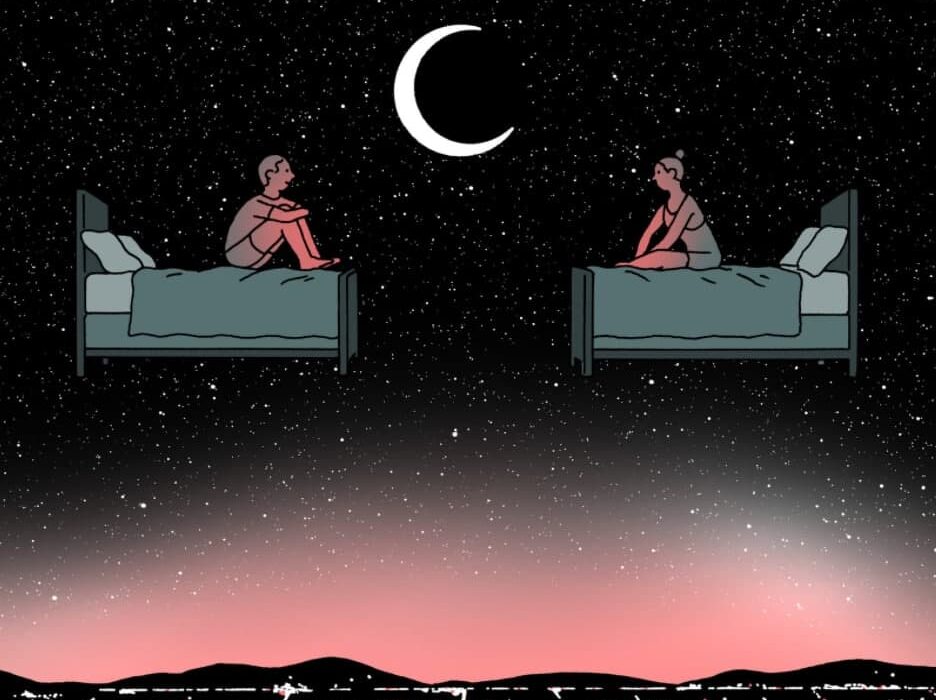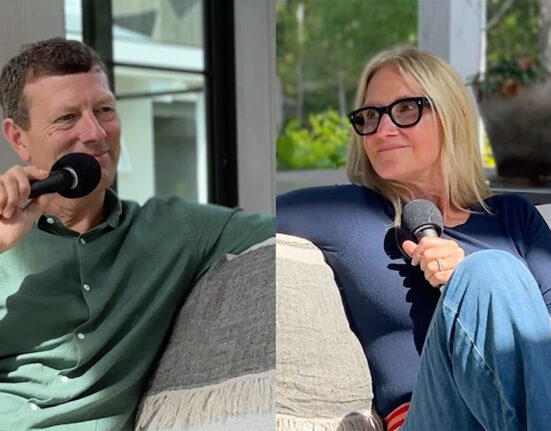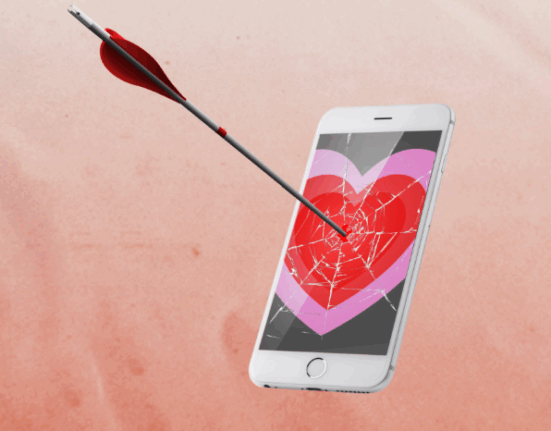Last Updated on February 13, 2024 by Rachel Hall
Long distance relationships are hard, there are no ifs and buts about it. In my line of work I often see steady couples with strong connections break apart because of distance. If you and your partner find yourself in a situation where you are divided by miles more than by anything else, I have a few things I can recommend to get your relationship going.
Connect via video calls.
It is amazing to live in a technological age where your loved ones are just a chat line, call or facetime away. A couple of text messages can keep you both going during the day, but no amount of text can replace seeing your partner in the flesh, noticing the smile in the corner of their lips that first time they see you, hearing their laugh and watching their eyes sparkle. I would recommend a video call at least once a week to get both of your spirits up.
Talk about the little things.
When you see each other daily all kinds of minor things constantly get discussed or simply told. When the distance between lovers grows larger people often start thinking that only major events are worth discussing, and when such major news are not present the conversation can come to a halt. Honestly though, chatting to each other after a long work day over the phone or text does not need to be anything different from the way you talk to each other at home when living together. Talk about your day, how amazing that new restaurant was that you went to for lunch, what you dreamed about last night and so on. The distance is there physically, but don’t let it create a mental divide between the two of you as well.
Express your feelings.
Lacking physical contact can be stressful and challenging for a relationship. Even with text message exchange and video calls the void where your partner is supposed to be is not easily filled. So talk about it with him or her, tell them you miss them, express your feelings. A lot of this is usually expressed nonverbally between couples, but without the option to do it in that fashion you have to get used to doing it with your words.
Create an opportunity to meet in person.
Your ability to do so will vary a great deal depending on your circumstances, but make an effort to create a time when the two of you can meet. Even if it will be a number of months away – talk about it and plan for it. Don’t leave it up to chance and the anticipation of your meeting will go a long way in helping you cope with your partner’s absence.
Continue to do things together.
If you have a hobby that you can indulge in together online – please do so! Even when you are out shopping – maybe plan together with your partner to go at the same time, text about it, exchange pictures from the changing rooms, etc. If both of you put enough effort in these things will help the two of you feel closer to each other even without being physically present.
Tell the truth.
Telling lies is something that usually starts small and then pulls you in more and more. Your partner is far away, and that might create an illusion that he will never find out about something, but that is a slippery slope that is not worth exploring. If this is someone you cherish and wish to be with, then at some point you will be physically back together again, but the lies and the habbit to lie will still be there, dividing you further even after you meet again. I can’t think of any situation where it would be worth it.
Keep up the positive vibes.
Your life is not put on hold while you and your partner are away from each other, and dwelling on that fact is an extremely easy way to get depressed quickly. Continue to live your life to the fullest, experience new things, learn something new, take care of your mental and physical health. If your entire life without your partner around will be focused on waiting for them to get back to you this can actually make a break up with them more possible, since you will be entirely focused on the time you will have together later, will have unhealthy and inflated expectations of your meeting and can actually get more depressed when you do meet.

Rachel Hall, M.A., completed her education in English at the University of Pennsylvania and received her master’s degree in family therapy from Northern Washington University. She has been actively involved in the treatment of anxiety disorders, depression, OCD, and coping with life changes and traumatic events for both families and individual clients for over a decade. Her areas of expertise include narrative therapy, cognitive behavioral therapy, and therapy for traumatic cases. In addition, Rachel conducts workshops focusing on the psychology of positive thinking and coping skills for both parents and teens. She has also authored numerous articles on the topics of mental health, stress, family dynamics and parenting.








Leave feedback about this